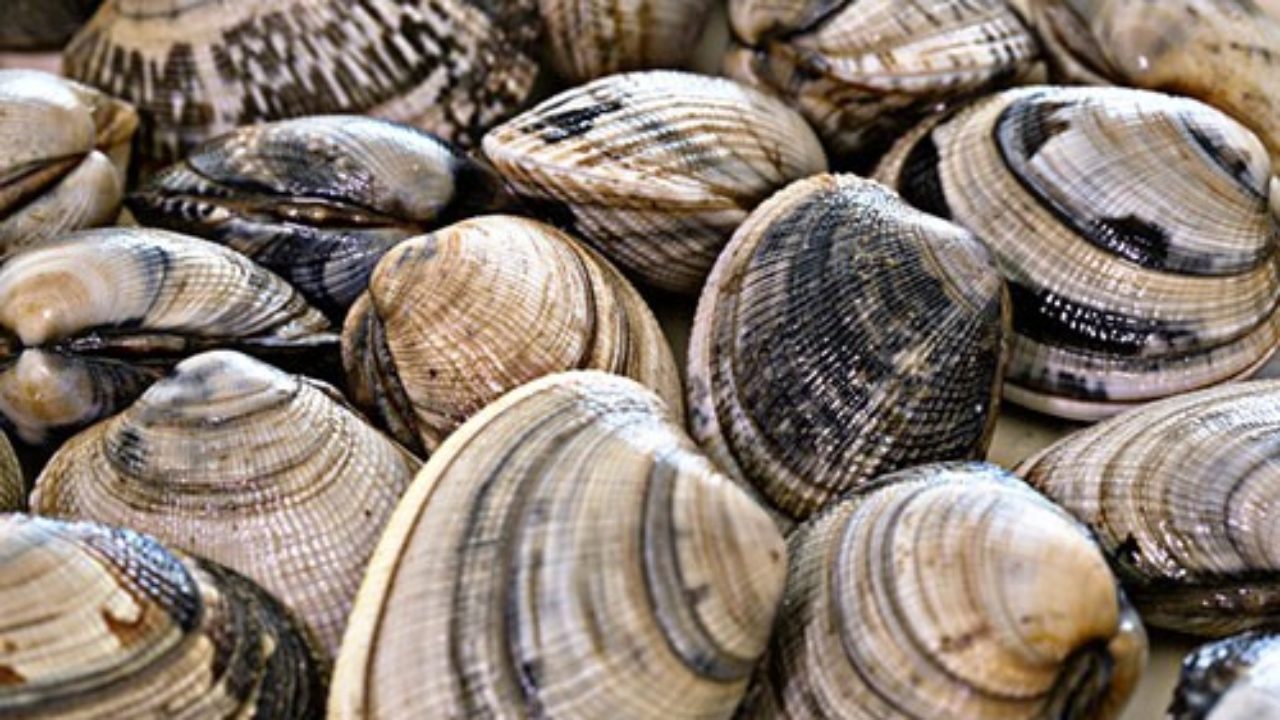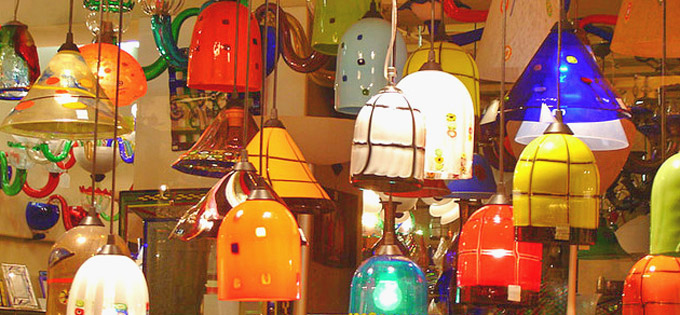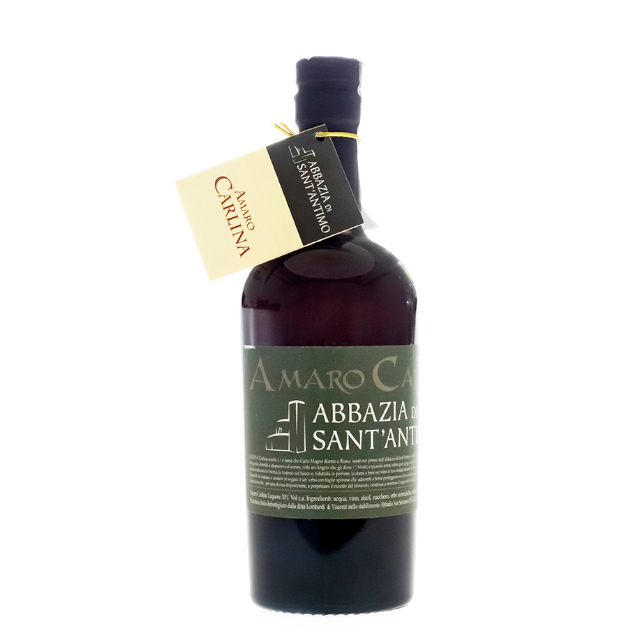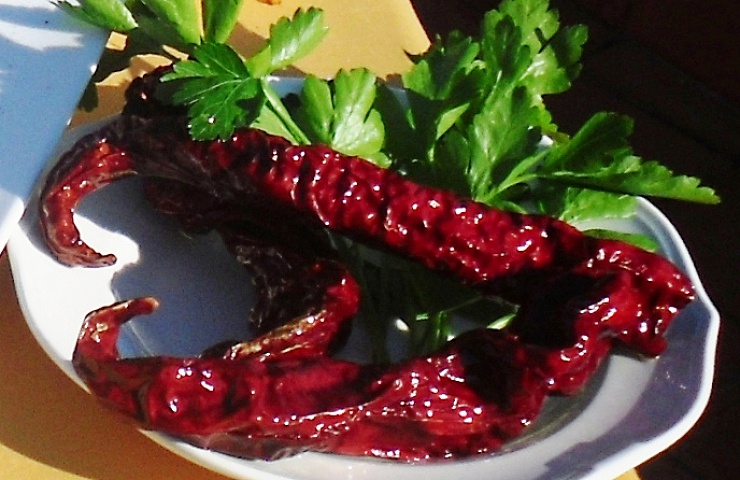Ouzo is a renowned anise-flavored liquor produced in Greece, known for its distinctive taste and milky appearance when diluted with water. It is a traditional alcoholic beverage with strong ties to Greek culture. Here are some additional details about ouzo:
Taste and Aroma: Ouzo has a predominant anise flavor, giving it a unique aromatic profile. Other common flavors include herbs and spices, which can vary from one brand to another.
Alcohol Content: Ouzo has a relatively high alcohol content, typically around 40-50% alcohol by volume. However, when consumed, it is often diluted with water until it becomes translucent, thus reducing the actual alcohol percentage.
Milky Color: When mixed with water or ice, ouzo becomes opaque and takes on a whitish color. This is known as “louche” and is a characteristic feature of ouzo.
Consumption Tradition: Ouzo is often consumed as an aperitif or digestif in Greece. It is common to enjoy it with a variety of snacks, such as olives, feta cheese, and dried fruits.
Cocktails: While many people prefer to savor ouzo with water, it is also a key ingredient in various traditional cocktails, such as the popular “ouzo mezedes,” where it is served with small food dishes.
Origins: Ouzo has ancient roots, but its modern production began in the 19th century. It is an important cultural symbol in Greece and is produced in various regions of the country, each with its own traditions and ouzo varieties.
Labeling: Ouzo labeling can be quite specific, and each producer may have its secret recipe and production method. Ouzo must be produced in Greece to be marketed as such.
Responsible Consumption: Ouzo has a high alcohol content, so it is important to consume it responsibly, avoiding alcohol abuse. It is a beverage to be enjoyed in moderation.
Ideally, ouzo should be enjoyed on a hot summer’s day or evening at a waterfront café or a seaside tavern while admiring a sunset (or the attractive passersby). However, this tradition is by no means limited to just a few months a year or specific locations. It’s not confined to a specific time of day either. The sun doesn’t have to be over the yardarm (noon in nautical terms), and ouzo time can stretch well into the afternoon or even past dinner hour (a flexible concept in Greece).
What’s most important is the company, or “parea.” Greeks rarely drink alone and almost never have a drink without at least a small snack. So, gather a couple of friends and choose a table where you can relax. Some experts suggest you should never sit too formally; instead, position yourself a bit askew, lean back slightly, and rest one foot on the rung of a nearby chair. Without even needing to order, you will be served a dish of something simple, such as olives, pickles, salami, or cheese, along with your carafe of ouzo, a pitcher of water, and a bowl of ice cubes (although purists may frown upon using ice). But before taking a bite, raise your glasses, clink them with your friends, and say “stin iyeiá mas” (to our health).
Serious drinkers will order more little dishes, usually as many as there are friends. They are likely to be salty, spicy or sour, to offset the slight sweetness and intensity of the ouzo, but nothing that requires a knife and fork. If all you want is an aperitif with a snack to precede a full lunch or dinner, these titbits will suffice. But making a meal of mezedes—a whole host of “little dishes”—is another very Greek (Anatolian and Middle Eastern) habit. Fish and seafood, fried or salted, rank highest—anchovies, sardines, octopus—but garlicky vegetables, peppery meats, minty meatballs, sausages also complement ouzo very well.
Around Athens you will find dozens of eateries known as mezedopolia—places that specialise in these little dishes. Athinaikon is one of the oldest mezedopolia in Athens.
Ouzo is an icon of Greek culture and offers a unique experience for visitors seeking authenticity in Greek cuisine and beverages.













